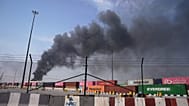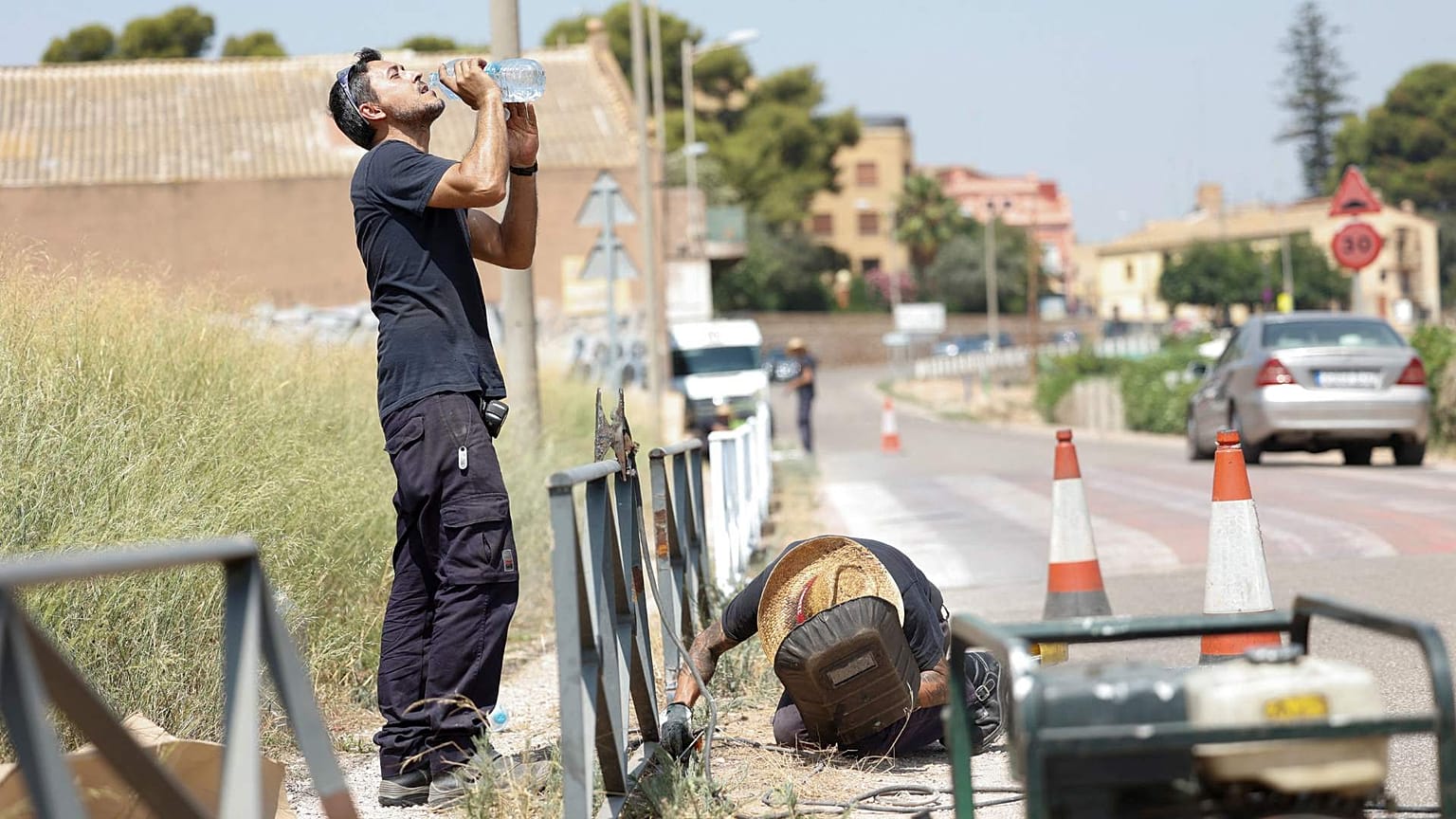Local residents say the city is 'unlivebable'.
The Spanish city of Valencia broke a heat record yesterday when it hit 46.8°C.
 ADVERTISEMENT
ADVERTISEMENT
 ADVERTISEMENT
ADVERTISEMENT
The new record was set at Valencia airport, the Spanish meteorological agency Aemet said.
The extreme heat has made living conditions miserable in the Mediterranean coastal city.
"This summer was horrible (...) we can't live in our apartments," says Valencia resident Nazim Ali.
"At night, we put on the air conditioning or the fan. During the day, we try to leave as late as possible (...) and we go to the beach", says Roberto Giménez, another resident.
Spanish cities are on 'red alert'
Spain is in the midst of its third heatwave of the summmer.
Eight areas around the cities of Valencia and Murcia are on red alert, meaning extreme risk due to heat.
Six stations around Valencia and the neighbouring city of Castellón recorded temperatures above 44°C on Thursday.
On Wednesday, two areas near Seville and Granada, in Andalusia, exceeded this threshold.
What is the hottest temperature ever in Spain?
The historic record for Spain was broken on August 14, 2021, with 47.6°C recorded at La Rambla, south of Cordoba, in Andalusia (south).
Check out this full list of heat records of each European country.
What is causing the heatwaves?
Scientists say the increase in heatwaves, as well as their increasing duration and intensity, is due to climate change.
Wildfires are far more likely during extreme heat, coupled with drought.
More than 1,300 hectares have burned in less than a week in Spain. Nearly 71,000 hectares have burned since the start of the year, according to the European Forest Fire Information System (Effis), lower than the 2022 record when more than 300,000 hectares destroyed.
Check out this explainer on how climate change causes heatwaves.

















